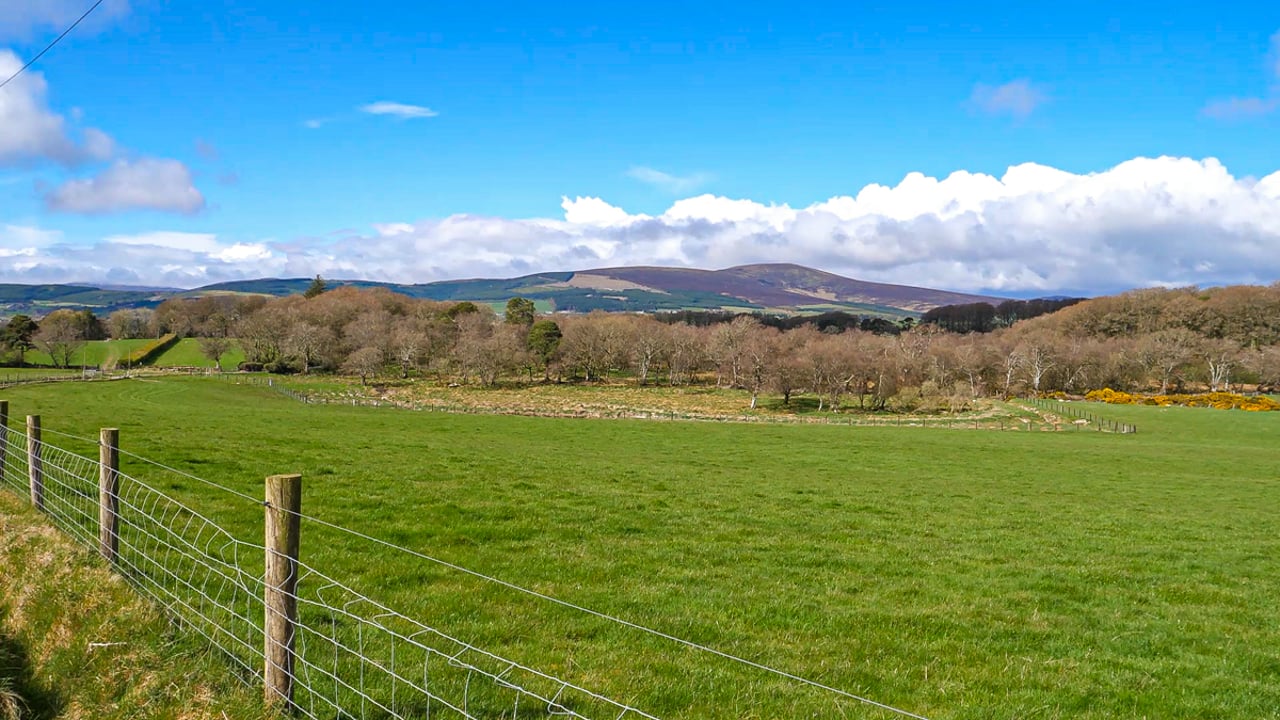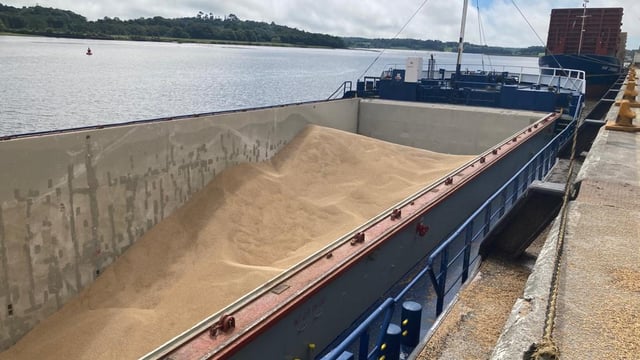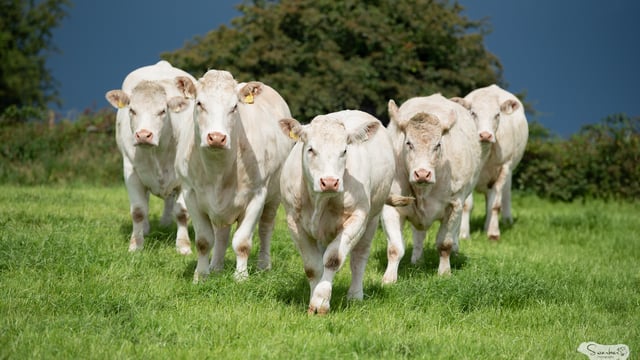IPCC: Barriers remain to climate action in agri food sectors
The latest report from the Intergovernmental Panel on Climate Change (IPCC) has outlined that agriculture could be central to climate action, but a number of barriers are standing in the way of this.
The IPCC held its 58th session in Interlaken, Switzerland last week, and the resulting report has noted that a number of financial, institutional and governance-related barriers are preventing the implementation of some climate change mitigation measures in the agricultural, forestry and land use sectors.
The report states that IPCC scientists have highlighted that many land use options in these sectors provide adaption and climate change mitigation benefits that could be scaled up across most regions in the short term.
These measures include better on-farm water management, agroforestry, soil moisture conservation, the restoration of forests and ecosystems and farm landscape diversification.
"The report shows how agriculture can be central to climate action," said Maria Helena Semedo, deputy director general of the Food and Agriculture Organisation of the United Nations (FAO).
"Agriculture, including crop and livestock production, forestry, fisheries and aquaculture, offer solutions that contribute to both adaption and mitigation.
"It highlights that agriculture is already impacted by climate change, showing that its adaption is urgent to ensure food security and nutrition, leaving no one behind," she added.
However, she also said that the report demonstrates the lack of policy coverage in some of these sectors, which leaves a number of barriers in the way of this action.
This can lead to a number of negative effects for the livelihoods of farmers, fishers and families in small island states, less developed countries and landlocked countries, according to the FAO.
"We need to act now, at scale. Building sustainable and resilient agri-food systems is fundamental to tackling the climate crisis, food insecurity and biodiversity loss," stated Semedo.
The report underlines that 22% of global greenhouse gases (GHGs) currently come from agriculture, forestry and land use.
It also outlines that unsustainable energy use such as the burning of fossil fuels for more than a century, has made a huge contribution to the 1.1°C of global warming.
"Almost half of the world’s population lives in regions that are highly vulnerable to climate change.
"In the last decade, deaths from floods, droughts and storms were 15 times higher in highly vulnerable regions," said Aditi Mukherji, one of the 93 authors of the panel's synthesis report.
Despite this, the scientists who authored the report also state that "there are multiple, feasible and effective options to reduce GHG emissions and adapt to human-caused climate change, which are available now".
According to the report, these include access to clean energy, low-carbon electrification, walking, cycling and public transport options and more employment opportunities.
Christopher Trisos, another author of the report stated:
"The greatest gains in well-being could come from prioritising climate risk reduction for low-income and marginalised communities, including people living in informal settlements.
"Accelerated climate action will only come about if there is a many-fold increase in finance as insufficient and misaligned funding is holding back progress," he concluded.





